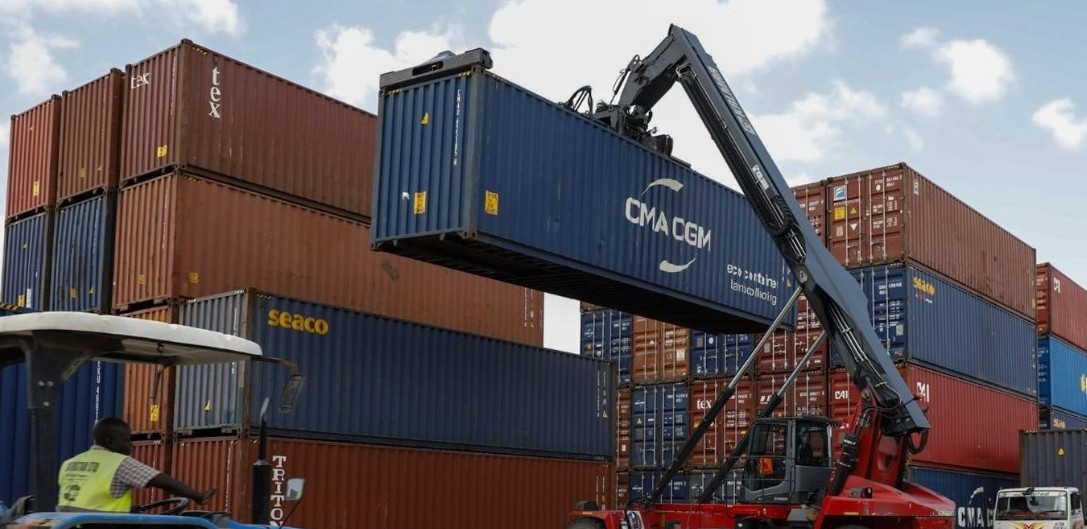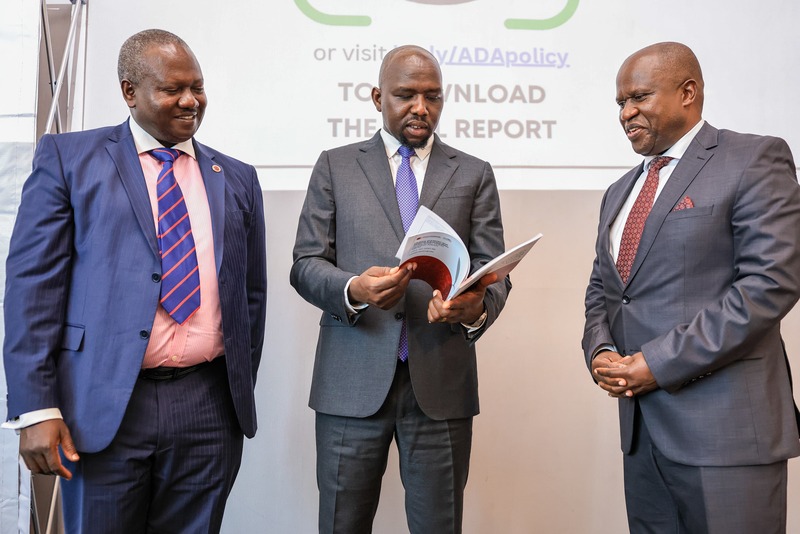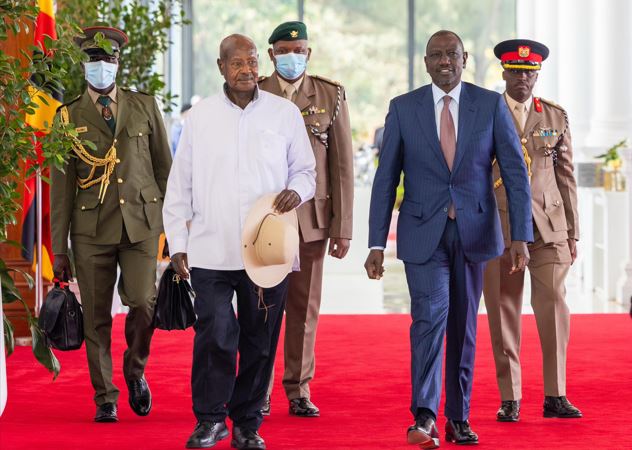Kenya enforces mandatory certificate of origin for all imports under new 2025 tax law

KRA said the new requirement is part of stricter enforcement measures under the Finance Act, 2025, warning that non-compliance will result in goods being seized or forfeited to the state.
The Kenya Revenue Authority (KRA) has announced that all importers, customs clearing agents, and the public must now present a valid certificate of origin (COO) for every consignment entering the country.
In a notice issued on Wednesday, KRA said the new requirement is part of enhanced enforcement measures under the Finance Act, 2025. Failure to comply will lead to goods being seized or forfeited to the state.
More To Read
- MPs push to review controversial tax exemption granted to Kenyatta and Moi estates
- Court orders Assets Recovery Agency to return Sh3.8 million to Nairobi trader after 5-year legal battle
- High Court blocks government from collecting mobile IMEI data
- Kenya sees sharpest decline in domestic excise revenue since Covid-19 pandemic, says KRA
- KIPPRA flags job creation as key concern despite Kenya’s economic growth
- Tax relief boost as KRA slashes fringe benefits rate for workers
Effective from July 1, 2025, the directive is backed by Section 44A of the Tax Procedures Act, CAP. 469B, as amended by the new law. The COO must be issued by a recognised authority in the country of export and must accompany all imports, regardless of existing trade agreements.
“This marks a radical shift from prior practice, where COOs were required only for goods under preferential trade arrangements to determine origin and confer tariff benefits,” the authority said in the statement.
KRA clarified that a competent authority refers to a government agency or an officially designated body in the exporting country that is authorised to issue certificates of origin.
Validity
For the certificate to be valid, it must disclose details such as the names and addresses of both the exporter and importer, the port of origin, an accurate description of the goods, quantity, country of origin and country of destination.
The agency warned that non-compliance would trigger punitive action.
“The Act further provides penal consequences for noncompliance, which shall lead to seizure or forfeiture of goods to the Commissioner or an authorised officer,” read the notice.
Transition period
To support importers during the shift, KRA announced a transition period ending on September 30, 2025.
During this grace period, traders will be allowed to clear consignments while making arrangements to obtain the required documentation.
“Importers are, therefore, advised to engage their suppliers early to ensure compliance with this requirement,” the authority said, adding that all future shipments must be accompanied by a valid COO issued by a competent authority in the exporting country.
“Note that at the lapse of this window, non-compliant consignments shall be liable to forfeiture as provided for in the Act,” KRA said.
The agency reaffirmed its commitment to facilitating legitimate trade while enforcing tax compliance.
Legitimate trade
“KRA remains committed to facilitating legitimate trade while ensuring full compliance with the law,” the Commissioner for Customs and Border Control said.
The directive comes just days after the authority introduced a new framework for handling customs-related disputes.
In a separate notice dated July 3, KRA unveiled the Independent Review of Objections (IRO) and the Technical Review Unit (TRU), both aimed at enhancing fairness and efficiency in the resolution of customs objections.
The reform is backed by Kenya Gazette Notice No.1036 of February 1, 2019, and aligns with Sections 229 and 230 of the East African Community Customs Management Act (EACCMA), 2004.
The system allows individuals or businesses dissatisfied with decisions or omissions by customs officers to formally file objections within 30 days.
Top Stories Today










































